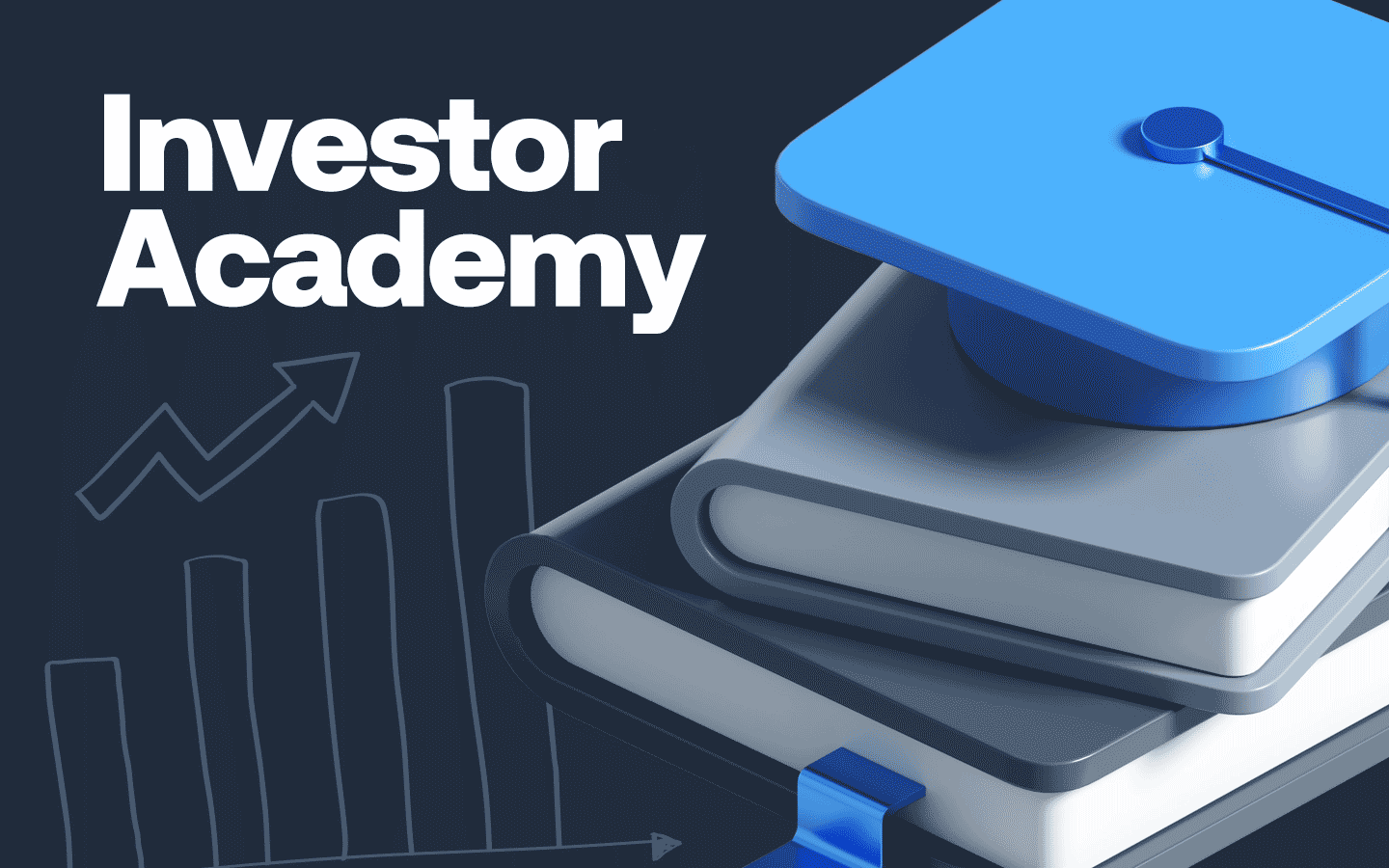Investor Academy Part 2: Understanding Discounted Debt Investments on Indemo

Discounted Debt Investments are our flagship product. You’ve probably heard the Indemo team frequently talk about them on social media, as they form a big part of both our identity, and our unique selling point.
As the first investment platform to offer DDI’s to retail investors, it’s important that our community truly understands the nature of this product, so let’s break down what DDIs are, and what makes them a compelling way to start your real-estate investment journey.
What is a Discounted Debt Investment (DDI)?
Discounted Debt Investments are what they say on the tin: an investment in a debt/loan, of which the underlying asset is being purchased at a significant discount.
These types of investments have been a common strategy for financial institutions and investment firms for years - usually under the name “Non-Performing Loans”. They’re a great way to diversify investment portfolios, because they’re backed by real estate, and follow a strict legal process with a predictable conclusion.
DDI’s represent a debt on an asset which has fallen behind on payments, or gone into arrears. These debts are then sold on the open market to investors, who purchase them at a massive discount on the underlying property. Our service partners identify these debts, and our platform allows people to invest in them by purchasing Notes.
Investors can make a healthy profit once the underlying real estate has been repaid, an out-of-court settlement is reached, or the real estate is sold at its market price.
How do I exit a Discounted Debt Investment?
Once a DDI is listed on Indemo, it’s at the start of the recovery process. This is a standardised, transparent, and legal process that enables the debt to be either repaid, or for the underlying property to be sold. It’s the same process that all major banks use when recovering debts on assets - and we provide plenty of information on the platform about which stage of the recovery process a DDI is at at any given time.
As the debt travels along the stages of the process, its value on the secondary market will change. If you purchase the debt right at the start, it will be at its cheapest. The further along in the recovery process it is, the more expensive it gets - since as the process is nearing its end, investors don’t need to wait as long to receive a profit.
Investors also look out for out-of-court settlements, which can happen at any stage of the process. If these happen in the initial stages of the recovery process, then the earliest investors gain maximum profit in the shortest amount of time.
You can discover more about DDI strategy in a previous blog post.
Are DDI’s a risky investment?
When compared to traditional investments like stocks, bonds, and crypto, DDI’s are relatively low risk. This is because every investment is backed by physical real estate, and each debt has to go through a predictable legal recovery process, with a predictable conclusion. The housing market in Spain is also very stable, and largely unaffected by things that would cause swings in other markets.
On average, the return on DDI’s is between 10-15% - representing a higher average return than both stocks and bonds. This is one of the reasons why DDI’s have been a critical diversification instrument for institutions for quite some time now.
On the question of whether DDI’s are a risky investment - all investments carry risk, but with DDI’s, the risk is less about profit, and more about time. The recovery process takes a set amount of time - so it’s not always about buying early and waiting for the process to end organically to make a profit. You can always sell your investment early at a premium on Indemo’s secondary market once it reaches a later stage.
Closing thoughts…
DDI’s are a significant reason why Indemo was started in the first place.
Retail investors can usually only access investment instruments such as stocks, bonds, or crypto. These investments can be volatile, vulnerable to market swings, and reliant on real-time news updates.
In the aim of democratising investment, Indemo has built a safe, secure, regulated platform through which every day investors can explore instruments that carry less volatility, and with a much higher level of security. DDI’s are perfect for portfolio diversification - making them an exciting alternative to traditional investment options.
And now you know exactly what DDI’s are, and how they work, you can head to your home area on Indemo and explore all of the real estate investment opportunities in one place!
In the next article, we’ll cover the 4 stages of the DDI recovery process, and the impact these stages have on your investments.